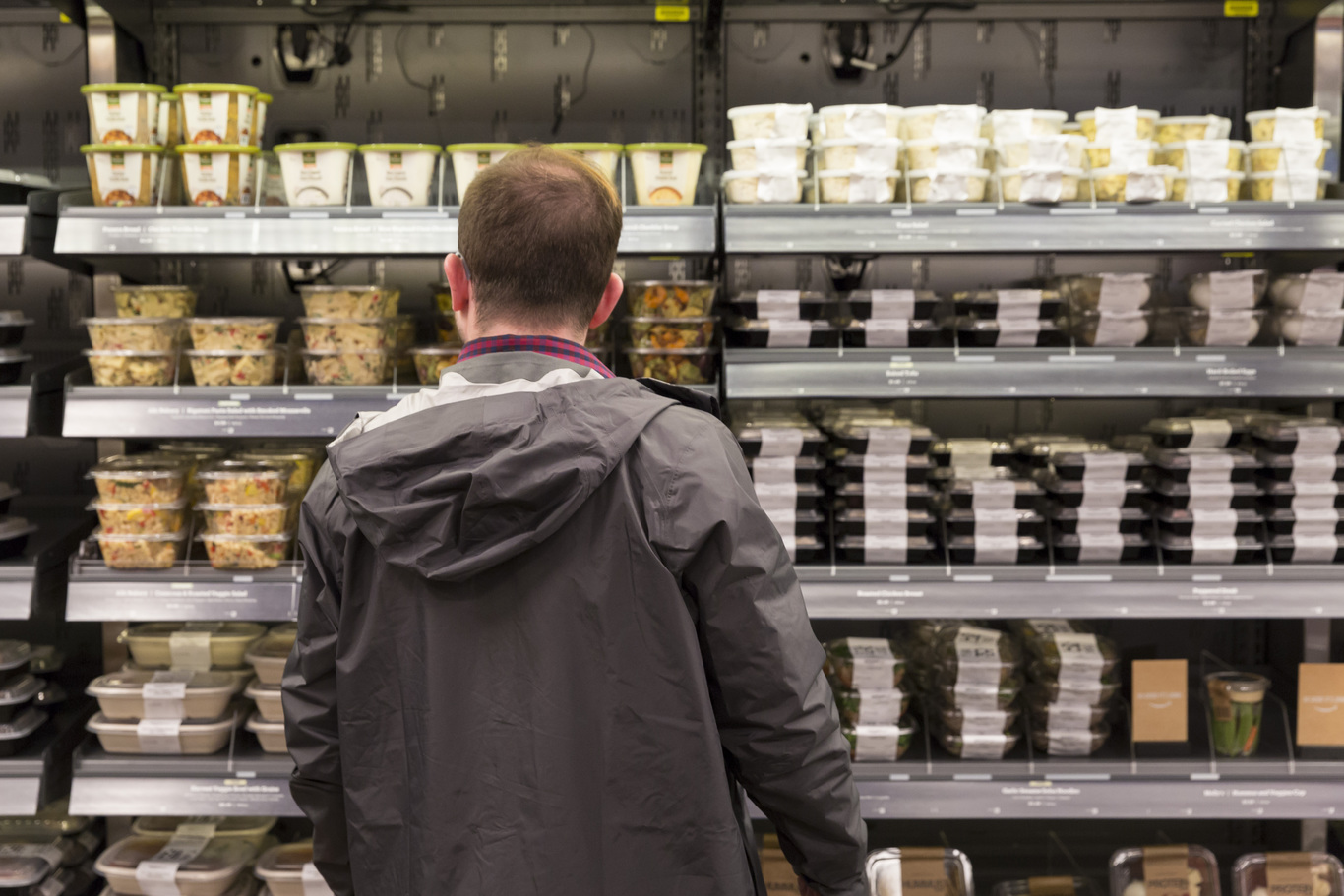How to take a food product idea from your kitchen table to the supermarket shelf
You might make a mean strawberry jam, but it’s a big leap to start producing it for consumers.
THE IRISH FOOD sector is booming, with indigenous food and drink products enjoying global acclaim.
A central part of Ireland’s food success story are the small producers who are bringing innovative, world-class products to market.
While it’s true that there has never been a better time to start a food business, it’s also very easy to make mistakes that could put your company on the back foot.
To help aspiring food entrepreneurs, here are some important tips that we have gleaned through our ‘Food Academy’ programme, which is run in conjunction with Bord Bia and the Local Enterprise Offices:
1. Do your research
To begin with, it’s vital that you do thorough research. You might make some amazing strawberry jam and sell it in your local food market, but it’s a big leap to start producing it on a bigger scale for a supermarket.
Before you make any major investment, you should find out what the competition is like. Someone else could already be making a very similar product, which could make it difficult for you to establish a successful company.
As part of this process, it’s important to gauge how comparable products are performing, where they are listed as well as the overall performance of the sector. Taking the time to learn about your competition and doing taste tests with potential customers are great ways of gauging what sort of demand there could be for your product.
Apart from turnover and growth, make sure that you identify wider trends and developments as part of your research. For example, in the energy bar segment, is there a move towards sugar-free products?
Many of the participants in Food Academy have been successful in developing healthy food products that are in line with consumer demand.
2. Stand out from the crowd
Once you have conducted research, define your product’s unique selling points – in other words, what sets it apart from other products and what is its unique appeal? Ask yourself: why would a consumer buy it ahead of a competitor’s product?
When developing a product, you should not simply look to make an Irish version of an existing successful brand and hope that people buy it because consumers prefer Irish food.
With supermarkets stocking thousands of products, you need to develop something that stands out, whether it’s the personal story of the people behind the product or innovative packaging design.
It’s also not enough to develop a fantastic product: you must shout from the rooftops to make sure people know about it. Thanks to social media, platforms like Twitter and Facebook have made it easier than ever to connect with your potential customers.
It’s a crowded space though, so you need to make sure that you have a compelling strategy in place to ensure that people pay attention to your brand.
3. Make sure that the price is right
You could spend a lot of time and effort developing a product only to find that a competitor offers the same thing for a euro cheaper. That’s not to say that the producer with the lowest price is the most successful, but you need to have a clear proposition in terms of what price you will set for your product. If it’s a luxury item, then you need to position it accordingly.
One of the biggest challenges for any company is sales: invest too much at an early stage, your company may struggle until sales reach a sustainable level.
Financial projections will allow you to determine whether you can realistically bring your product to market and turn it into a viable business. After all your overheads are paid, will the business be profitable – and will you be able to make a living from it?
4. Learn from the experts
There are a variety of State supports available for aspiring food entrepreneurs. For example, Bord Bia and the Local Enterprise Offices recently launched the Food Starter Programme, aimed at attracting more Irish food start-ups to the market.
The Food Academy programme gives emerging food producers the opportunity to start small by getting a listing with one SuperValu store before gradually expanding.
One of the companies that benefited from Food Academy’s support is Absolute Nutrition. Founded by Joanne and Joe Davy in 2014, it started off with Joanne making healthy treats at home for friends and family. Joanne’s passion combined with support from Food Academy mean that Absolute Nutrition grew within a few months from a hobby into a successful business.
It’s a great time to start a food business and there is an appetite at home and abroad for innovative Irish products. However, it is an intensely competitive market.
To make it a success, you’ll need to do your homework, develop a product that stands out and use the supports available to emerging food producers.
Martin Kelleher is the managing director of SuperValu.






